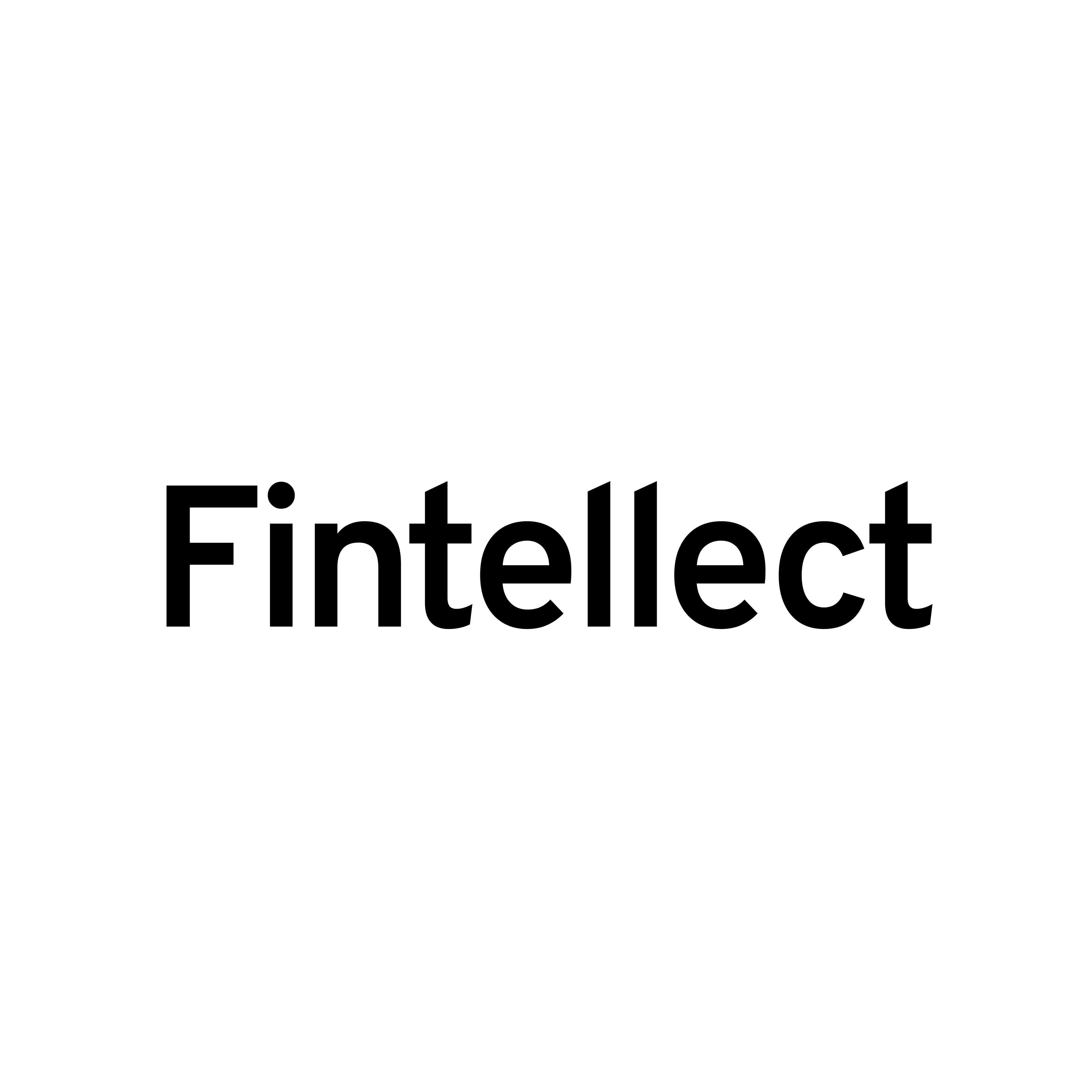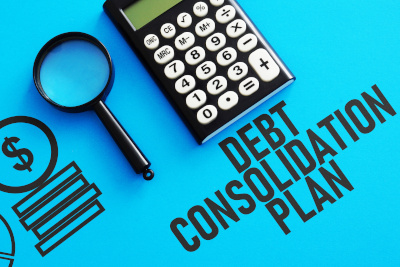Debt Consolidation: A Guide for Teens
What are Debt Consolidation Programs?
Debt consolidation programs are designed to help individuals who are struggling with debt to manage their finances and pay off their debts. These programs offer a structured plan to pay off debts within a certain timeframe, usually 5 years. There are different types of debt consolidation programs, including Orderly Payment of Debts, Voluntary Deposit, Consumer Proposal, and Bankruptcy.
How Do Debt Consolidation Programs Work?
These programs work by providing a framework for paying off debts. With the Orderly Payment of Debts and Voluntary Deposit programs, all interest rates are reduced to 5%. With a Consumer Proposal, all interest is eliminated, and lower debt balances can be negotiated. Bankruptcy results in all unsecured debts being repaid as a fraction of what was originally owed.
Pros and Cons of Debt Consolidation Programs
Pros:
- Protection from creditors
- Structured plan for paying off debts
- Reduced interest rates
- Opportunity to learn new money skills and develop new money management habits
Cons:
- Impact on credit score
- Some programs may not provide excellent budgeting help or assistance if financial problems arise
- Permanent record with the courts (for legal programs)
- Debt Management Program is run outside the courts
How to Make Debt Consolidation Programs Work for You
If you choose to use a debt consolidation loan, make sure to avoid falling into the trap of using repeated loans to deal with your debts. Instead, create a budget, set financial goals, and work step-by-step to get back on track and stick to your goals. If you’re interested in learning more about debt consolidation programs, contact a non-profit credit counseling organization, like us, and one of our credit counselors can help you explore all your options.
Tips for Success
- Create a budget and stick to it
- Set financial goals and work towards them
- Avoid using repeated loans to deal with debts
- Seek help from a non-profit credit counseling organization
Conclusion
Debt consolidation programs can be a helpful tool for individuals who are struggling with debt. By understanding how these programs work and the pros and cons, you can make an informed decision about whether a debt consolidation program is right for you. Remember to always seek help from a reputable organization and to create a budget and stick to it to achieve financial success.
FAQs
Q: What is a debt consolidation program?
A: A debt consolidation program is a structured plan to pay off debts within a certain timeframe, usually 5 years.
Q: How do debt consolidation programs work?
A: Debt consolidation programs work by providing a framework for paying off debts. With the Orderly Payment of Debts and Voluntary Deposit programs, all interest rates are reduced to 5%. With a Consumer Proposal, all interest is eliminated, and lower debt balances can be negotiated. Bankruptcy results in all unsecured debts being repaid as a fraction of what was originally owed.
Q: Are debt consolidation programs a good option for me?
A: Debt consolidation programs may be a good option for you if you are struggling with debt and need a structured plan to pay off your debts. However, it’s important to weigh the pros and cons and consider seeking help from a reputable organization.
Q: How can I make a debt consolidation program work for me?
A: To make a debt consolidation program work for you, create a budget and stick to it, set financial goals, and work step-by-step to get back on track and stick to your goals. Seek help from a non-profit credit counseling organization and avoid using repeated loans to deal with debts.
Q: Are there any alternatives to debt consolidation programs?
A: Yes, there are alternatives to debt consolidation programs, such as debt management plans and credit counseling. It’s important to weigh the pros and cons of each option and consider seeking help from a reputable organization.
Author: nomoredebts.org
Orginal Source link

